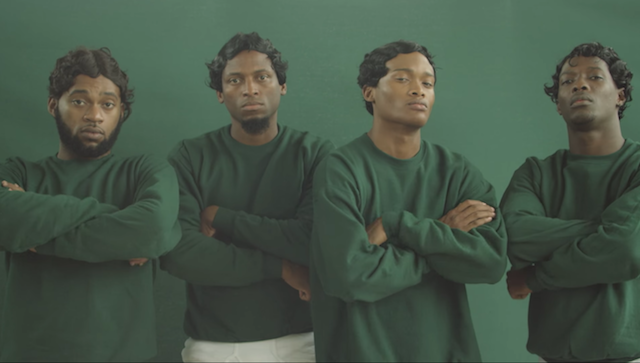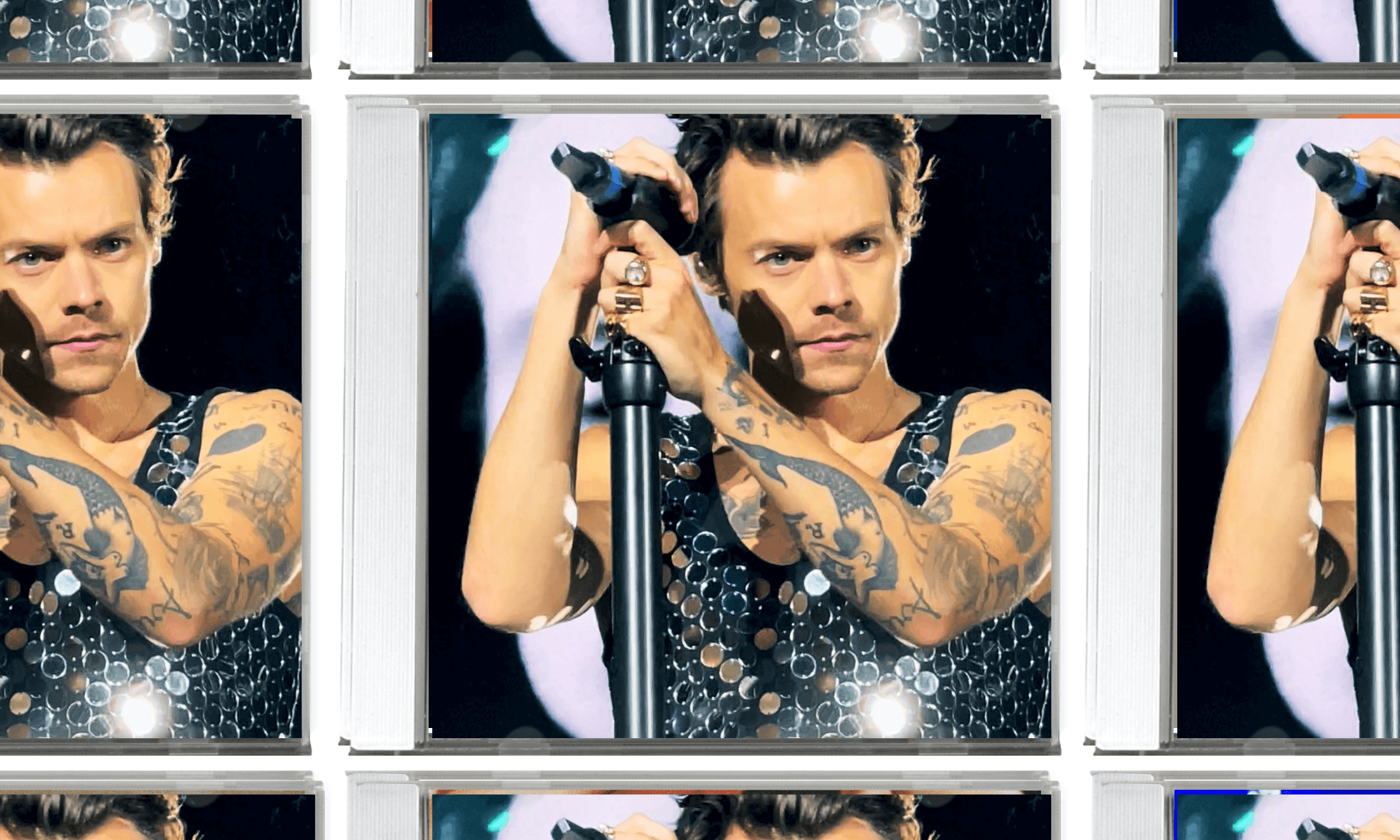
To celebrate Black History Month, here are 11 songs that embody the black experience.
1. Billie Holiday – ‘Strange Fruit’
This ain’t one to get the party started, but this list would be a non-starter without Strange Fruit. It’s one of the most powerful songs ever written. There are countless versions, but Holiday’s is the most transcendent. The matter of fact-ness of the lyrics are underscored by a haunting vocal describing the bodies of thousands of lynching victims across America, “a strange and bitter crop”. It’s been described as “a declaration of war” and “the beginning of the civil rights movement”, and has come to symbolise the brutality of the violent era it describes.
2. Sam Cooke – ‘A Change is Gonna Come’
As one of the few black artists of the time with cross-cultural appeal, Cooke was a largely apolitical figure, and was afraid of alienating his white fan base by politicising his music. An incident in 1963 changed that, when Cooke and his wife were refused a room in a whites-only hotel, and subsequently arrested for ‘disturbing the peace’ when they complained. Allegedly inspired by hearing Bob Dylan’s ‘Blowing in the Wind’, Cooke was so struck by “the fact that a white boy had written it, that [. . .] he was almost ashamed not to have written something like that himself.” The song strikes a balance between sombre and hopeful, and provided a soundtrack to the ongoing civil rights struggle and the Selma marches.
3. Nina Simone – ‘Four Women’
This tells the story of four black women: Aunt Sarah, who’s “strong enough to take the pain”, is your strong black woman. Mixed-race Saffronia lives “between two worlds” – “my father was rich and white / he forced my mother late one night”. Sweet Thing is the sexualised black archetype — “whose little girl am I / Anyone who has money to buy” – who manages to gain acceptance because her “hair is fine”. Finally, there’s the angry black woman: “I’m awfully bitter these days / cause my parents were slaves”. We hear her name when Simone screams “My name is Peaches”. It was interpreted as racist for reinforcing stereotypes and was banned from some radio stations, but it highlights in order to subvert the way black women are pigeonholed and expected to exist within certain categories.
4. Marvin Gaye – ‘Inner City Blues (Make Me Wanna Holler)’
What’s Going On, Gaye’s concept album, features nine interlinked tracks which tell the story of a Vietnam War veteran returning only to be met with injustice and hatred. The title song gets the buzz, but it’s the momentous final track that really hits, depicting the bleakness and sense of despair in inner city America, and the emotional toll this hopelessness has on the communities within it. When Gaye called Motown honcho Berry Gordy to tell him about the political focus of his new album, Gordy reportedly replied, “Marvin, why do you want to ruin your career?”
5. Fela Kuti – ‘Zombie’
https://www.youtube.com/watch?v=Qj5x6pbJMyU
Nigerian Afrobeat pioneer Fela Kuti created a spectacular mix with this protest song and pure banger – a ferocious attack on the Nigerian military and the mindless way it followed orders at the time: “Attention! Quick march! Slow march! Go and kill! Go and die!” The Nigerian government didn’t take this well, launching an assault on Fela’s compound, burning it to the ground, raping his “wives”, and throwing his mother Funmilayo the stairs, killing her. Yes, really. Zombie’s significance as both party starter and political statement within Nigeria can’t be overstated.
6. NWA – ‘Fuck tha Police’
https://www.youtube.com/watch?v=9jOqOlETcRU
‘Fuck tha Police’ is often politely described as ‘controversial’; so ‘controversial’ that the FBI wrote a stern letter to the N*ggas with Attitude – although it’s unclear what kind of response they were expecting – expressing their dismay about their misrepresentation of law enforcement. It was one of the first records to feature the ‘Parental Advisory’ label, warning suburban America of the potential gangsta horrors awaiting their children when they pressed play on their Walkman. This pushback against racial profiling and police brutality is as depressingly relevant today as it was then
7./8. Tupac – ‘Brenda’s Got a Baby’ / ‘Keep Ya Head Up’
These songs are love letters to black women. ‘Keep Ya Head Up’ is dedicated to Latasha Harlins, a black 15-year old who was shot in the head by a shopkeeper who accused her of shoplifting (she was later acquitted of murder). ‘Brenda’s Got a Baby’ describes the impact of teen pregnancy and the cycles of poverty surrounding them, criticising both the baby’s father and the government for their inaction. It’s pretty sad to wonder what Tupac would have gone on to do if he hadn’t been killed, but these songs are his legacy.
9. Kendrick Lamar – ‘Alright’
Kendrick‘s ‘Alright’ has come to represent the Black Lives Matter movement. The astonishing live version at the VMAs uses both slave imagery and incarcerated black men in chains to show the connection between past and present oppression. It’s a rallying cry as opposed to a protest – acknowledging the injustice and oppression people face, but a song that comforts in its hopefulness.
10. Solange – ‘Don’t Touch My Hair’
In the first single from A Seat at the Table, Solange describes a situation many of us know all too well. It’s a dissection of the way that black features are interpreted as exhibit and distorted as spectacle by society, and thereby robbed of their humanity. She seeks to provide a template to get the hair touchers to kindly back the fuck up. Describing the writing process: “I would see or hear another story of a young Black person in America having their life taken away from them, having their freedom taken away. That would fuel me to go back and revisit… and not be afraid to have the conversation”.
11. Sounds of Blackness – ‘Optimistic’
To remind us that sometimes the best protest is living your best life. And also because it’s so good.








